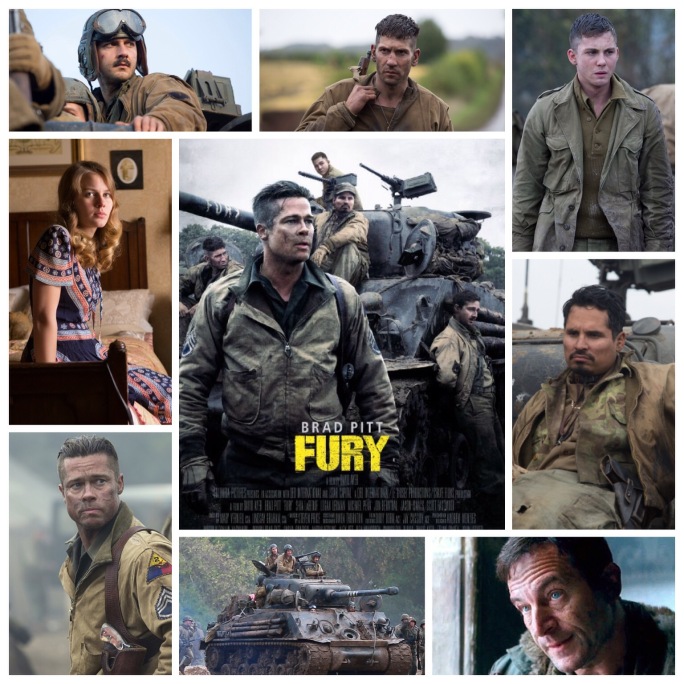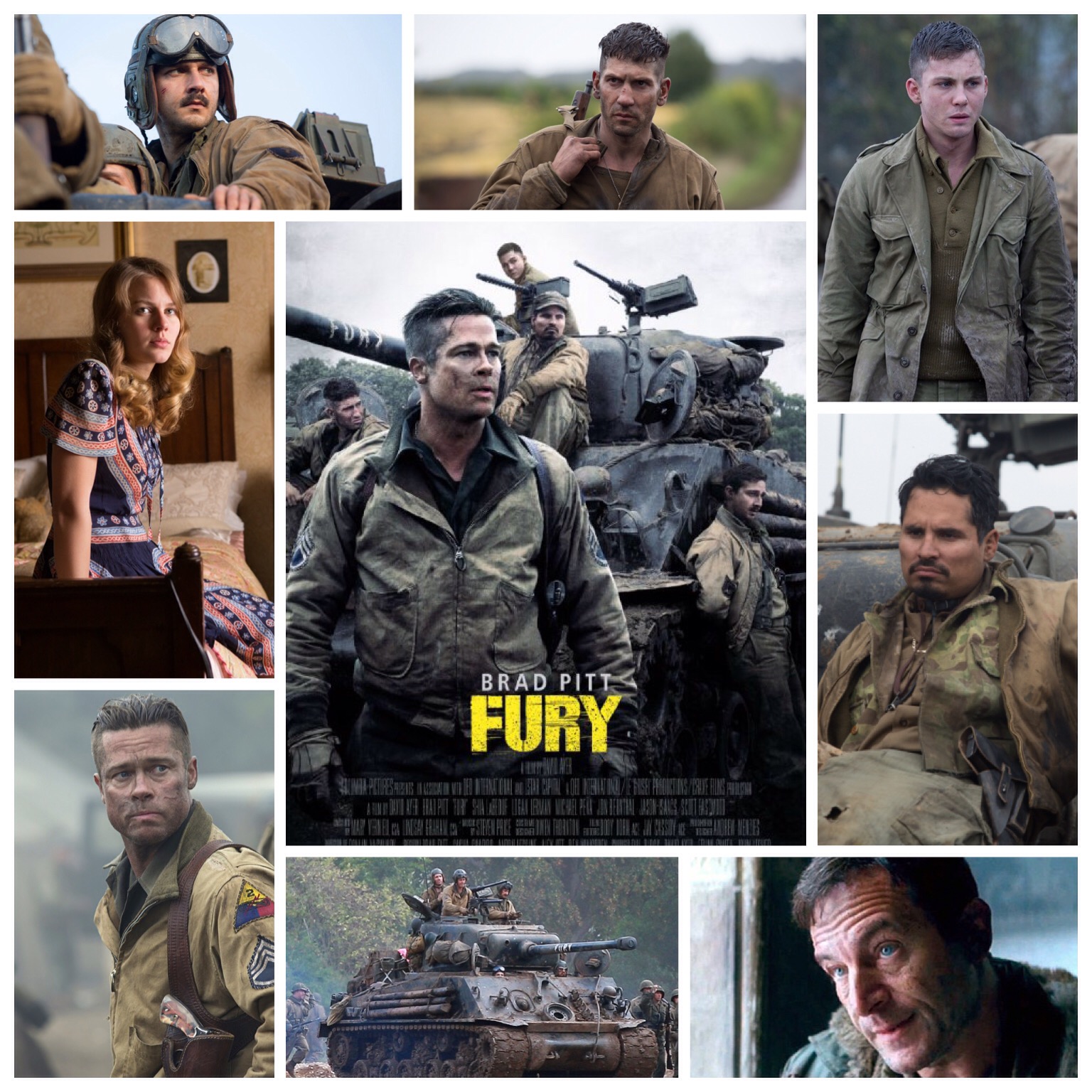“You’ve never seen anything like Baby Driver before”, the major critics say, and everywhere you look online the average movie goer agrees to the tune of a $30 million dollar opening weekend haul. They’re right you know, you really haven’t seen *anything* (and I do mean a-n-y-t-h-i-n-g) like Baby Driver before. Don’t believe me? Keep reading.
Sure, we’ve all seen countless of westerns and crime thrillers where the main protagonist claims they’re done with that brutal life after the fateful “one last job”, only to get sucked back into that world like Michael Corleone in the Godfather Part III. “Just when I thought I was out…they PULL me back in.” That storyline seems to have been done to near death, hell, even Logan used it earlier this year, and yet here it is once again in a totally refreshed way.
We’ve seen intricate car chases before, like Frank Bullitt roaring down the streets of San Francisco with sly hitmen on his tail, or “Popeye” Doyle weaving through chaotic traffic trying to keep up with a a sniper aboard an elevated train (The French Connection), or Ryan O’Neal’s the Driver outrunning cops in hot pursuit of the thieves in the back seat of his getaway vehicle (The Driver). Don’t worry, I may not mention about a dozen other worthy titles, but they’re here in spirit. We’ve seen plenty of amazing car chases, but have you ever seen one synchronized to a song before? I didn’t think so.
And we’ve seen many an A-list cast deliver snappy dialogue that Quentin Tarantino could bathe in, and the kinds of edgy, tongue planted firmly in cheek performances one might expect from a pulpy neo-noir fantasy conjured up by Tarantino himself. But just when we think we’ve seen it all, someone like Edgar Wright shows us we haven’t. 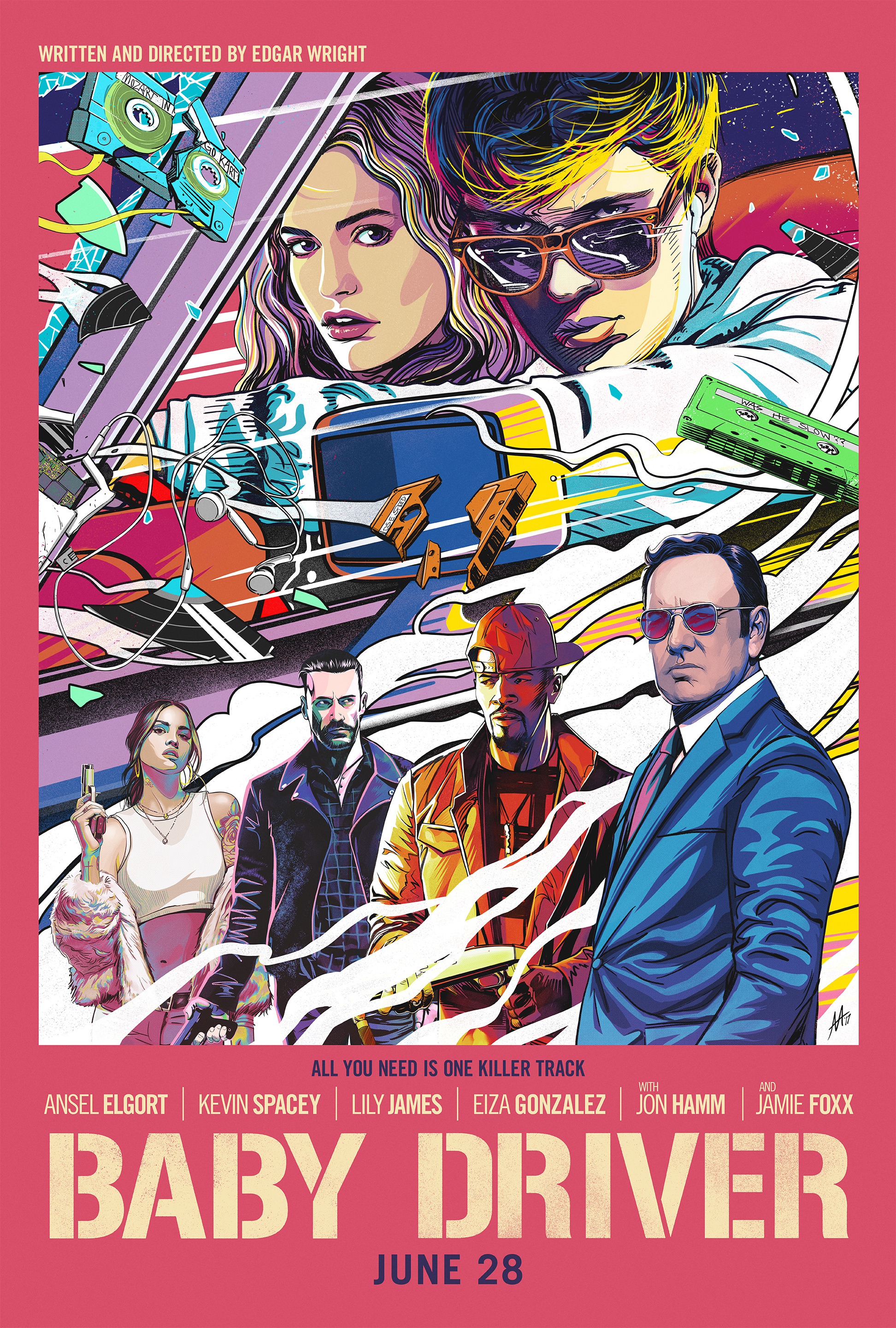 Baby Driver follows the titular Baby (Ansel Elgort), a young getaway driver who works for Doc (Kevin Spacey) to pay off a debt he owes him for trying to steal his car years ago. Baby lives in a crappy apartment with his deaf-mute foster father Joseph (CJ Jones) while Doc makes a pretty penny using different crews to rob banks and post offices, including the unpredictable psycho Bats (Jamie Foxx), sexy couple Darling and Buddy (Eiza González and Jon Hamm), and Griff (Jon Bernthal), and Baby is always his lucky charm getaway driver. Baby has severe tinnitus from a childhood car accident which gave him a hum in the drum that he drowns out with an endless barrage of ear-worm inducing catchy songs, from The Commodores’ Easy, Barry White’s Never, Never Gone Give Ya’ Up, to Queen’s Brighton Rock, and yes, even a song or two with Baby in the title. I happen to have no less than six of the songs stuck in my head including Tequila by The Button Down Brass and Golden Earring’s Radar Love, thanks to a viewing of Baby Driver last night. I’m not complaining. Baby meets Deborah (Lily James), a sweet waitress working a cozy diner he frequents, and of course falls head over heels in love with the girl and vice versa. Baby wants out and fast, but alas, dirty work calls and he goes, but before he knows it things have gone south and fast, thrusting Baby into a desperate race to get outta dodge before things go from bad to way, way worse.
Baby Driver follows the titular Baby (Ansel Elgort), a young getaway driver who works for Doc (Kevin Spacey) to pay off a debt he owes him for trying to steal his car years ago. Baby lives in a crappy apartment with his deaf-mute foster father Joseph (CJ Jones) while Doc makes a pretty penny using different crews to rob banks and post offices, including the unpredictable psycho Bats (Jamie Foxx), sexy couple Darling and Buddy (Eiza González and Jon Hamm), and Griff (Jon Bernthal), and Baby is always his lucky charm getaway driver. Baby has severe tinnitus from a childhood car accident which gave him a hum in the drum that he drowns out with an endless barrage of ear-worm inducing catchy songs, from The Commodores’ Easy, Barry White’s Never, Never Gone Give Ya’ Up, to Queen’s Brighton Rock, and yes, even a song or two with Baby in the title. I happen to have no less than six of the songs stuck in my head including Tequila by The Button Down Brass and Golden Earring’s Radar Love, thanks to a viewing of Baby Driver last night. I’m not complaining. Baby meets Deborah (Lily James), a sweet waitress working a cozy diner he frequents, and of course falls head over heels in love with the girl and vice versa. Baby wants out and fast, but alas, dirty work calls and he goes, but before he knows it things have gone south and fast, thrusting Baby into a desperate race to get outta dodge before things go from bad to way, way worse.
To say anything more about the plot would be downright stupid of me for obvious reasons, but especially because Baby Driver is definitely one of those “the less you know, the better” type movies, though not because of plot twists (though there are quite a few, and you probably won’t see all of them coming from a mile away), but because of the way Wright lets the entire movie unfold completely synchronized to that catchy, finger snapping, foot tapping soundtrack. Yes, the visuals timed with the music and how that affects you as a viewer overall is best left to the imagination, the surprise well worth the admission cost. The film opens quite magnificently with a heist that moves to the eclectic beat of The Jon Spencer Blues Explosion’s Bell Bottoms (Spencer himself has a brief cameo), with Baby singing and wildly groovin’ along in the car to the stellar tune before he pedals to the metal for the next several minutes to evade a rather large entourage of cops. It’s a fine example of the synchronicity I’m talking about, the masterfully blended fusion of stylish visuals, raw 100% practical stunts, and perfectly picked songs. It sounds good on paper, but it plays as wonderfully as any musical number in La La Land, and immediately sets the tone for the rest of the movie. A foot and car chase later in the film nearly had my jaw on the floor as I tried to wrap my mind around how Wright had so perfectly choreographed the entire thing. Of course, simply talking about this stuff doesn’t do it any justice, you truly have to see it to believe it.
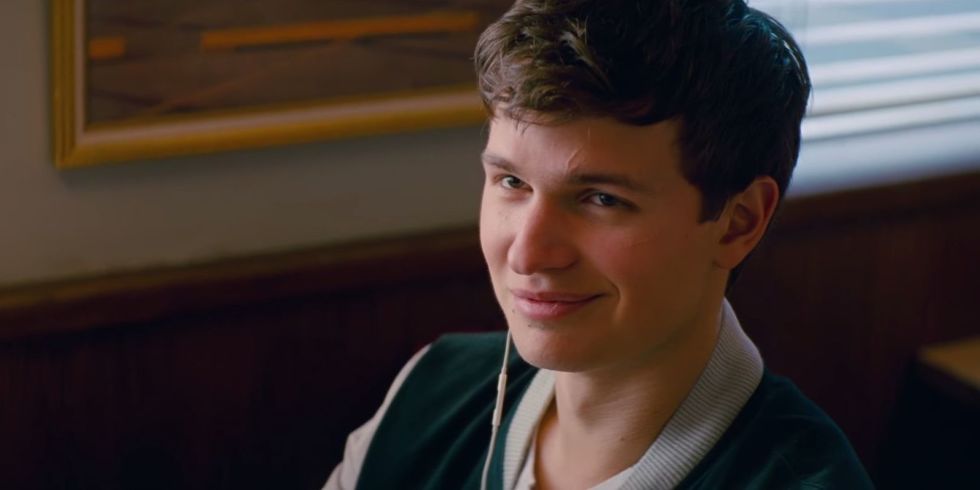
By now you’ve noticed I haven’t critiqued Baby Driver in any way, and there’s a good reason for that: I can’t think of a single thing worth complaining about. I’ve run over the entire movie in my mind and there’s not one thing I saw in the movie that would register as a flaw of some magnitude. Nothing, not a single thing. A death sequence felt just a tad bit too silly, but is that a big enough complaint to warrant my bitching about it? Hell no, I forgot that ultra minor quibble while writing this review, so that can’t be that important to me. Does that mean Baby Driver is what you might call a perfect movie? Not necessarily, I know some people wish it allowed a deeper look into the psyche of the totem pole-esque Baby, some dislike the brief screen time of a beloved actor, and I’m sure others have nitpicks I don’t even want to think about…but from where I’m standing I don’t see why it couldn’t be classified “perfect”.
Support original film making and go see Baby Driver the first chance you get, and don’t forget to buckle up, it’s one helluva wild ride from the very first second until the final frame snaps to black. 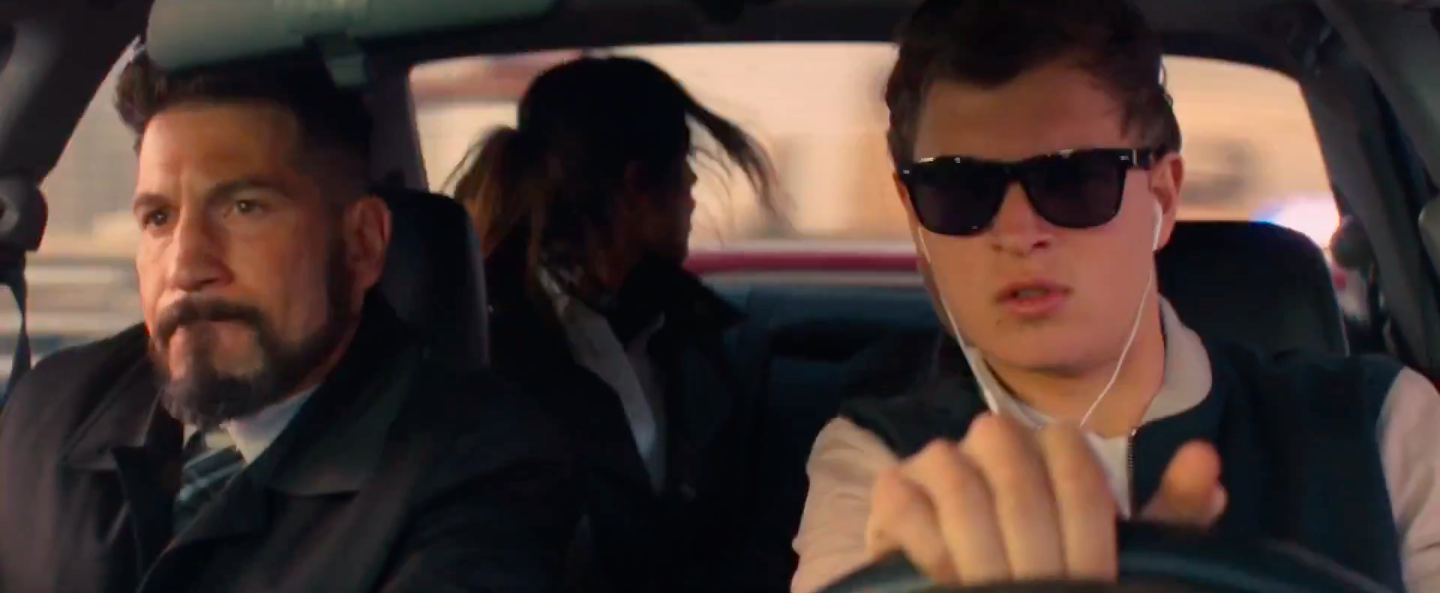
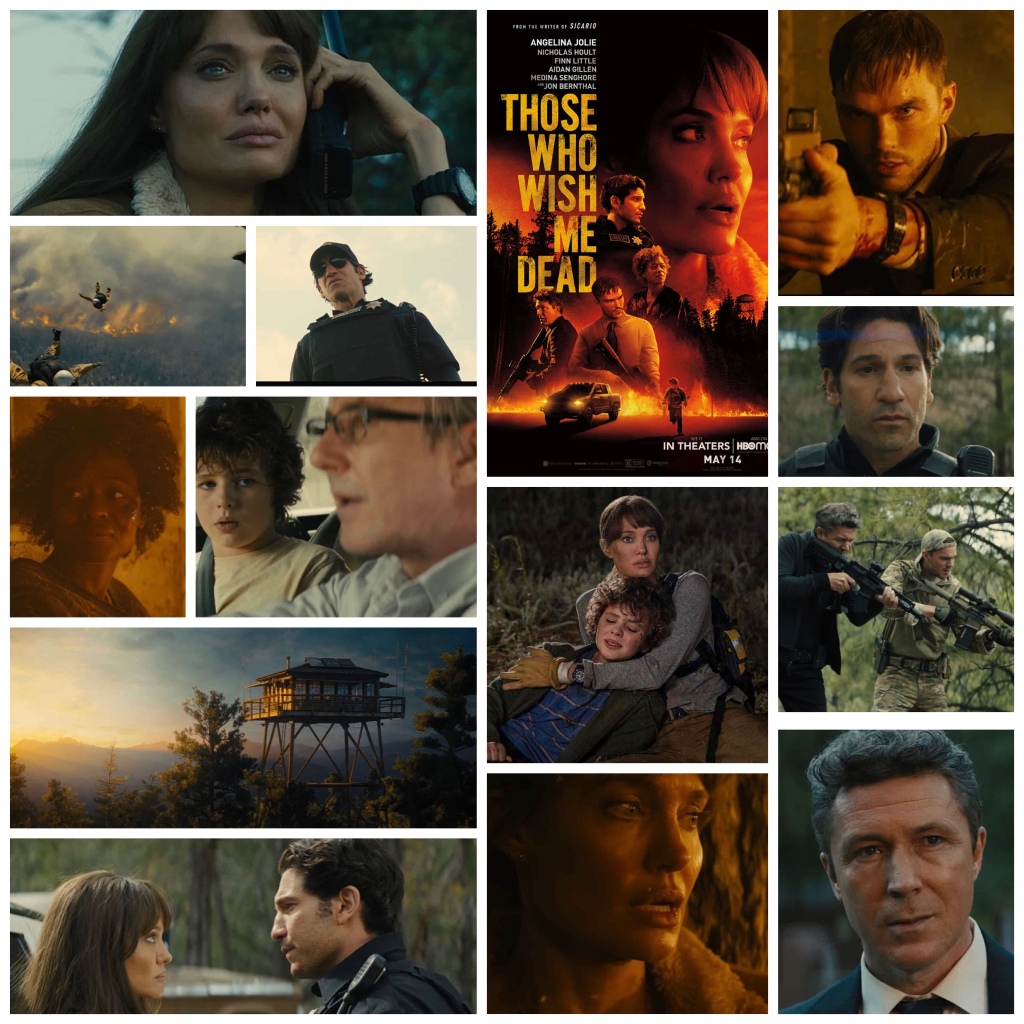
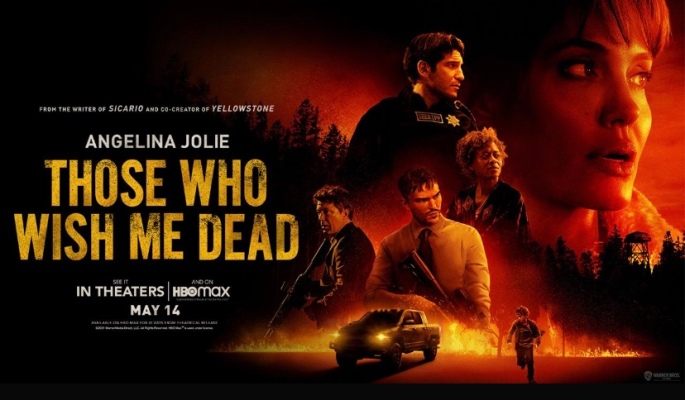

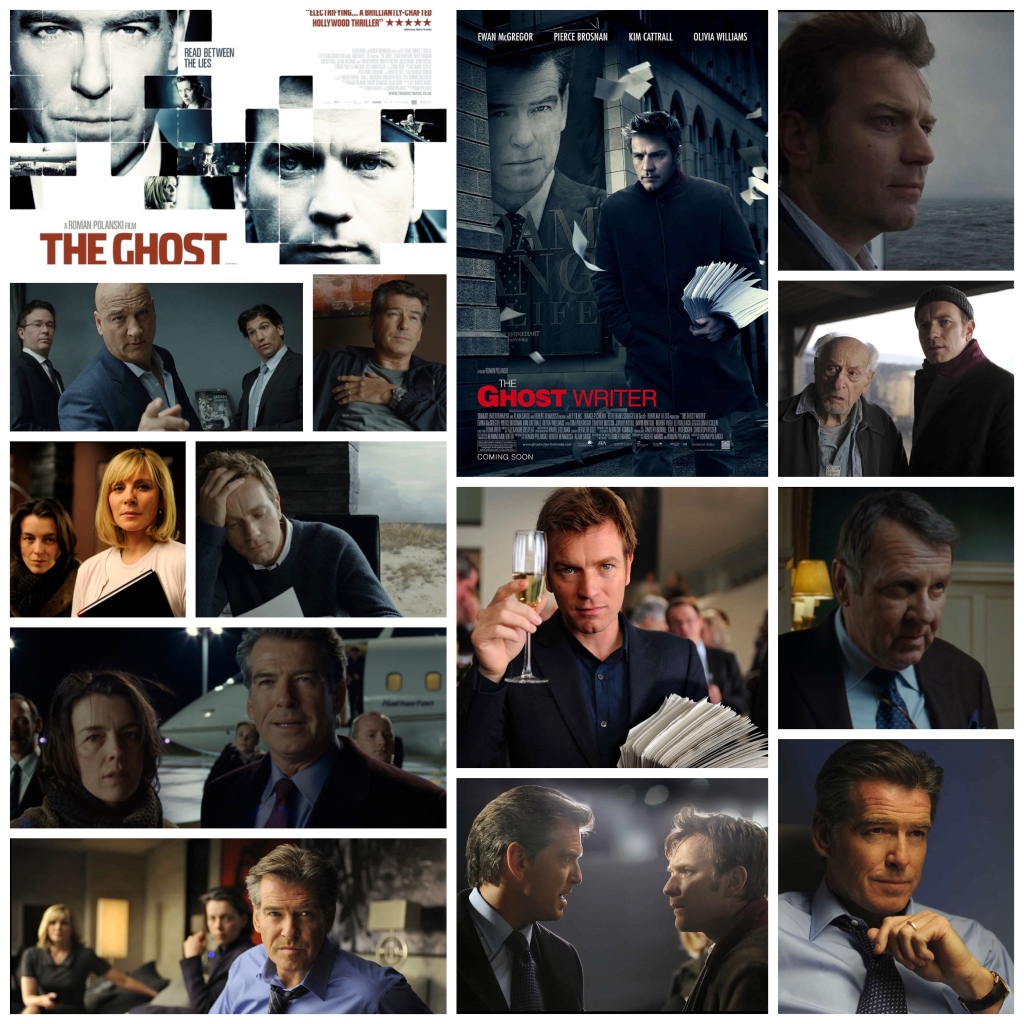
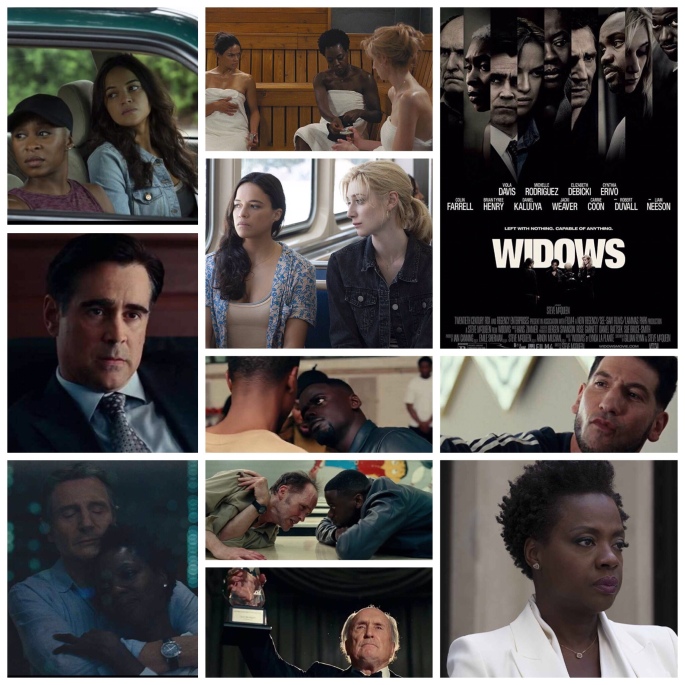
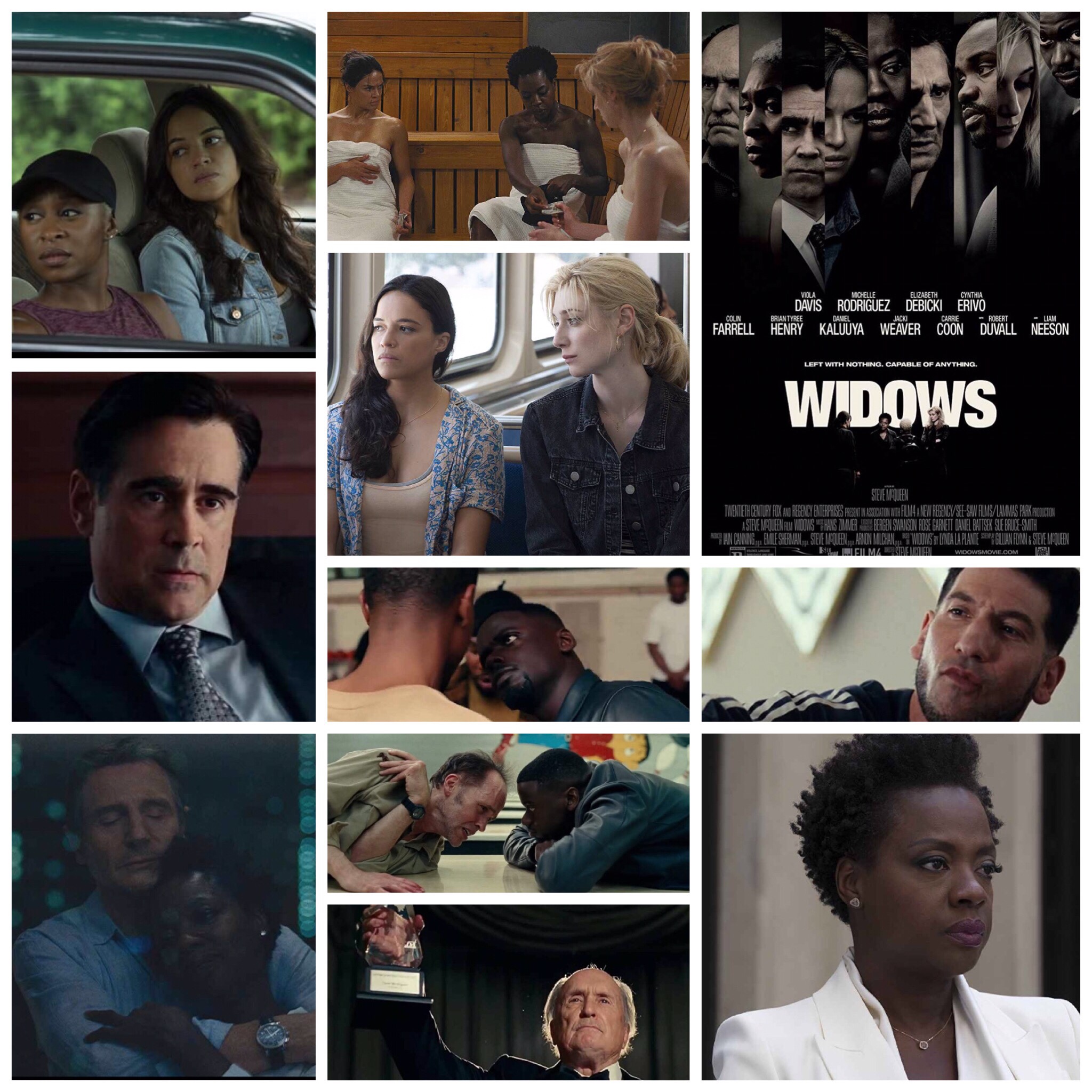
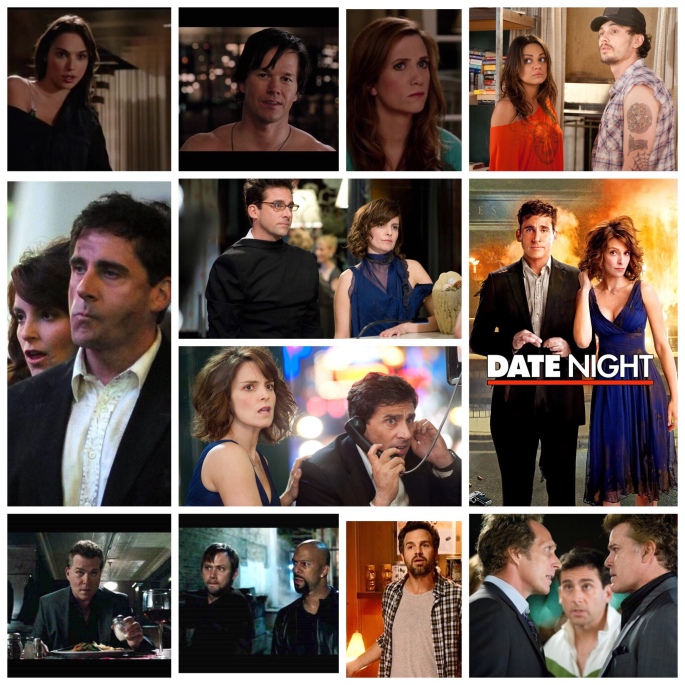
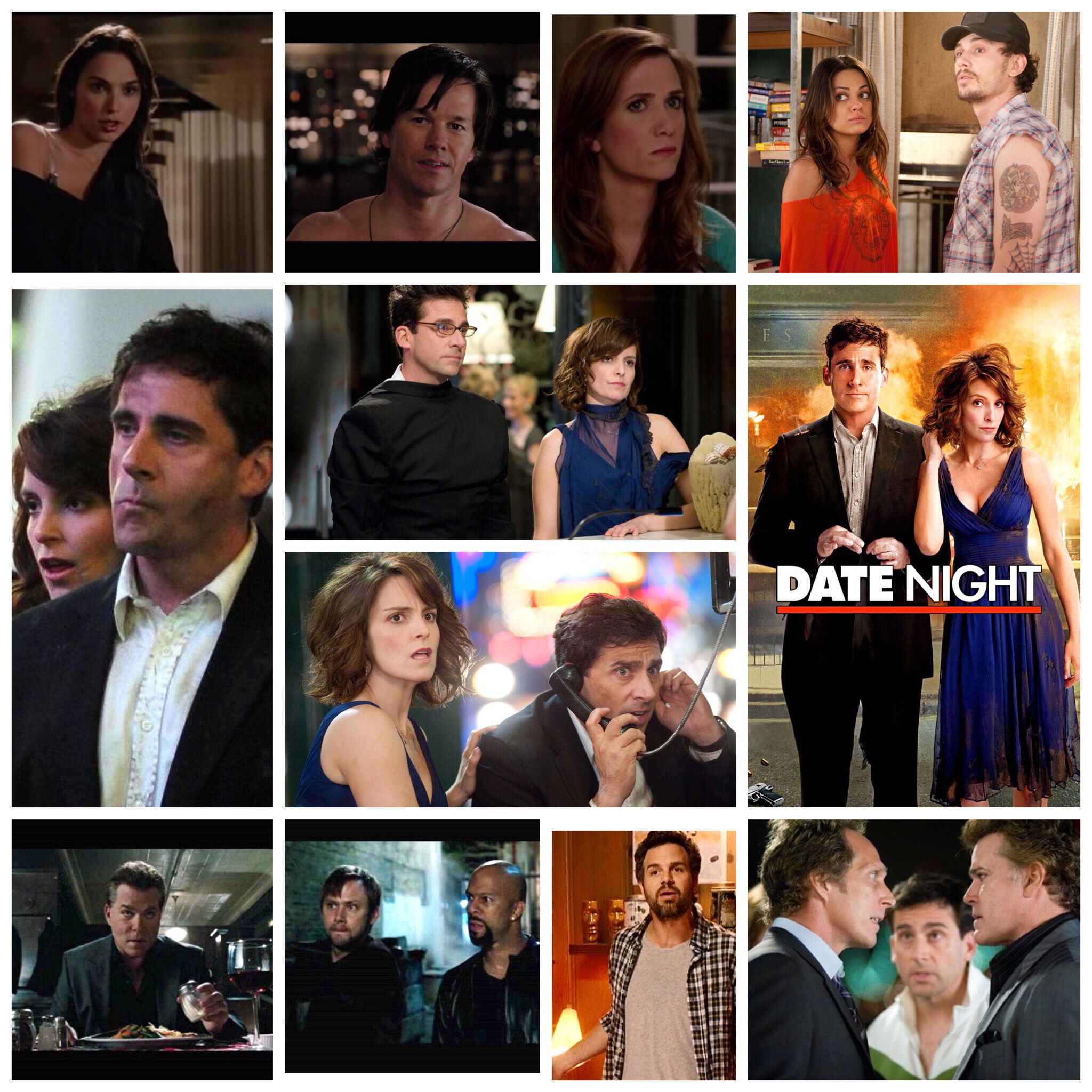
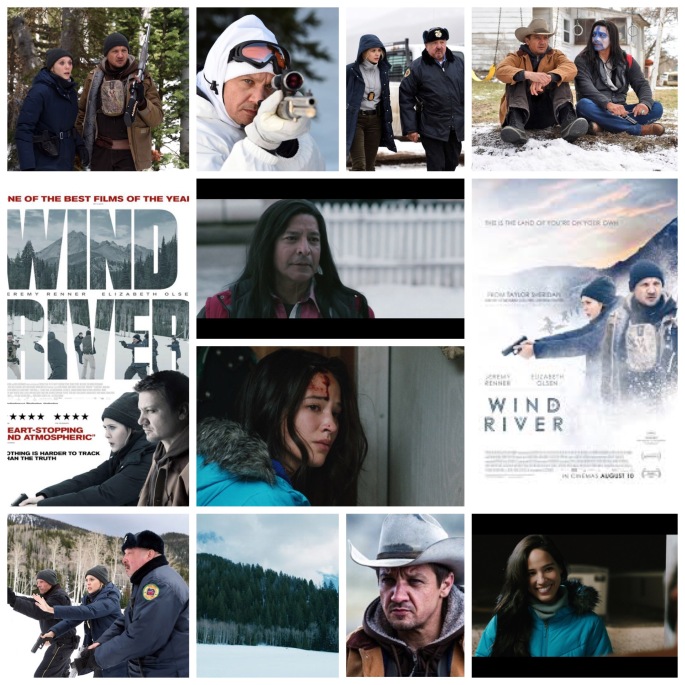
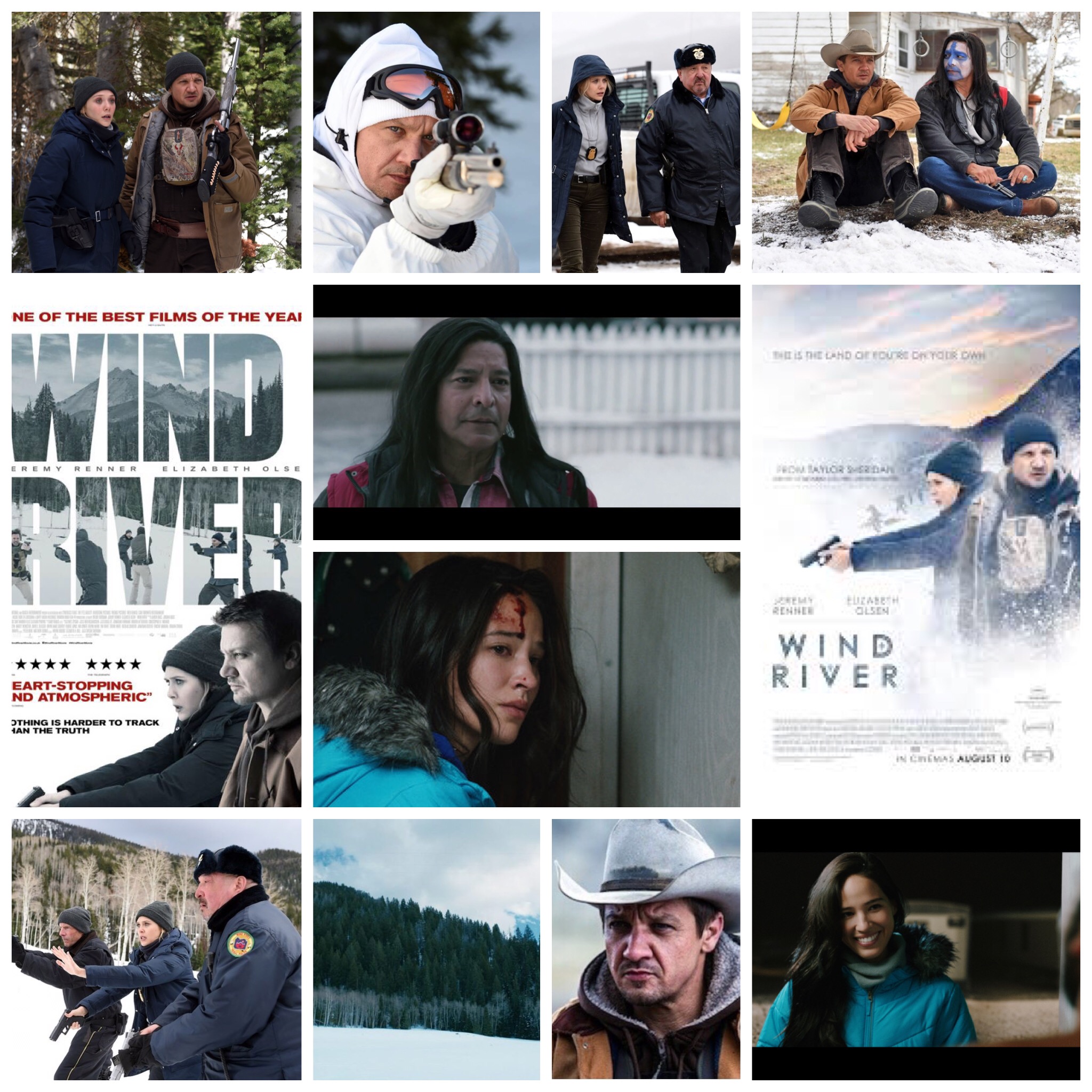
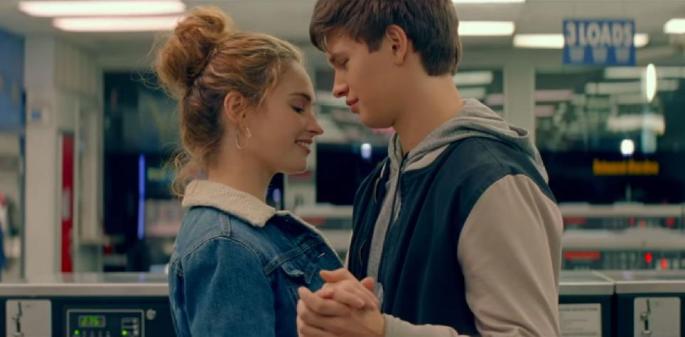
 Baby Driver follows the titular Baby (Ansel Elgort), a young getaway driver who works for Doc (Kevin Spacey) to pay off a debt he owes him for trying to steal his car years ago. Baby lives in a crappy apartment with his deaf-mute foster father Joseph (CJ Jones) while Doc makes a pretty penny using different crews to rob banks and post offices, including the unpredictable psycho Bats (Jamie Foxx), sexy couple Darling and Buddy (Eiza González
Baby Driver follows the titular Baby (Ansel Elgort), a young getaway driver who works for Doc (Kevin Spacey) to pay off a debt he owes him for trying to steal his car years ago. Baby lives in a crappy apartment with his deaf-mute foster father Joseph (CJ Jones) while Doc makes a pretty penny using different crews to rob banks and post offices, including the unpredictable psycho Bats (Jamie Foxx), sexy couple Darling and Buddy (Eiza González

